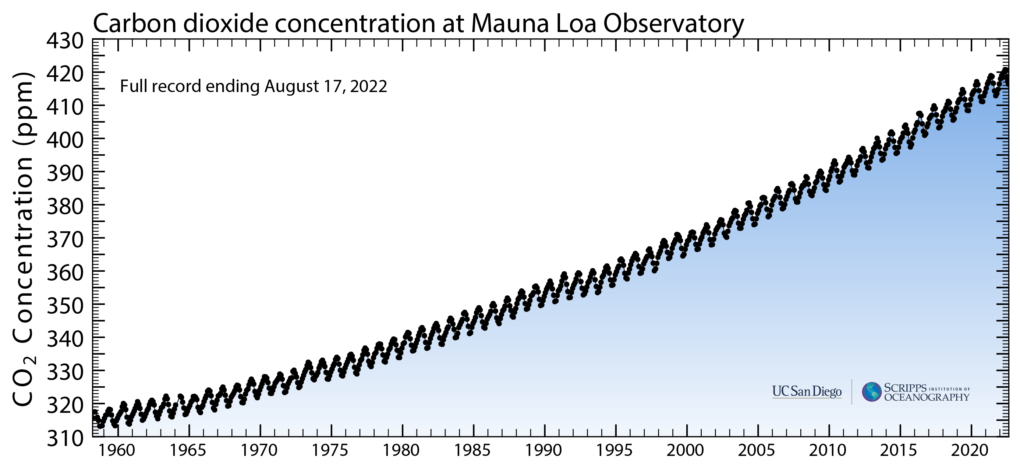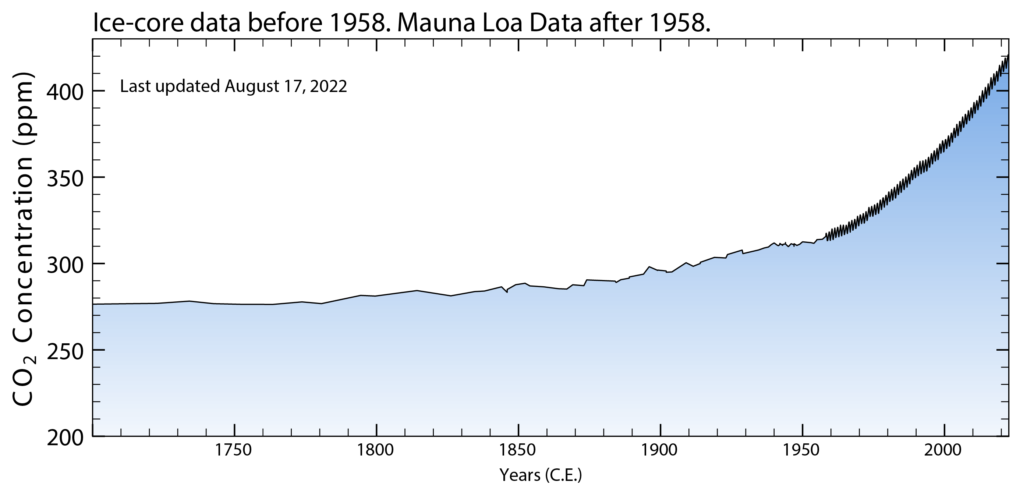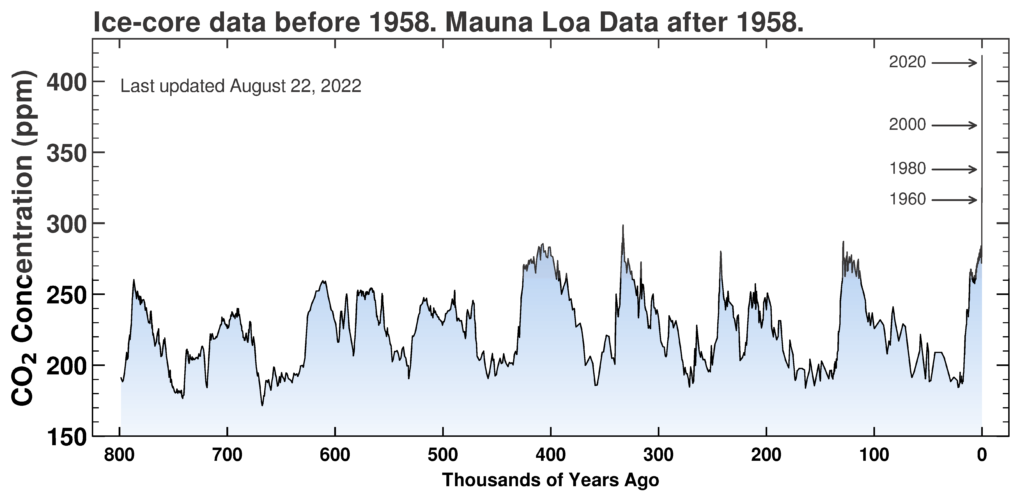
First up, thank you for taking the time to read this article and apologies in advance for its longer-than-usual length (~10 mins). While I promise to be more concise in future, I wanted to give the context as to why I founded RBESG and why I developed STS in the way that I did, i.e. as a digital self-guide, non-subscription based solution. In the interest of full disclosure, this is more of a personal post than those which describe STS, outline the benefits of sustainability and highlight the importance of stakeholders, so please, if personal awakening stories are not for you, hit the back button now. You have been warned!
My bubble
I don’t tend to say this out loud but I’m convinced I live in a bubble. I’m convinced we all do actually. Not a Truman Show bubble or a Matrix-esque bubble but a cognitive bubble that protects us from information overload and emotional overwhelm. I believe these bubbles are partly formed by the physiology of our bodies, in that we physically can’t see, hear, smell, sense or touch beyond a limited range of sensory frequencies; and partly formed by ourselves and our life choices. Our personal circumstances, loved ones, communities, hobbies and interests and everything else that grabs our attention and focus all input into forming our bubbles.
I also believe our bubbles are dynamic, changing over time. We move on in life, we get new friends, we change jobs, find new interests and typically with time, widen our perspectives.
My bubble, for a very long time, consisted of work (IT), family, friends, travel, yoga and padel (sidebar: if you don’t know what padel is you must check it out!). I was of course also aware there were lots of other things going on in the world outside my bubble, such as natural disasters, social inequality, human rights abuse and in many places political unrest and oppression, but I tended not to dwell on these things for too long. My bubble was already crammed full and very demanding of my attention.

It was only when I did a masters in climate change in DCU in 2019/20, which incidentally I signed up to on a whim following a random suggestion from a friend, that this began to change.
I see climate change
My first college experience back in the late 1990s was a bachelor of science in computer applications, a course which was very technical and practical and in my experience, very like work. While I gained lots of knowledge and developed useful, practical skills that served me very well in my working life, I never felt that I had the true college experience or the same experience my friends and other college-goers had. I never felt I experienced education for education’s sake.
The climate change masters in DCU was different. From the outset I felt like an extra in the film Dead Poet’s Society. My mind was blown with ideas, terms and concepts I had never encountered before like the land ethic, anthropomorphism, climate denier, planetary boundaries and doughnut economics.
I was also reminded of long-forgotten concepts I had learned at school, such as the essential role greenhouse gases (GHGs) play in trapping heat, so that we can survive on planet Earth and the dangers associated with burning fossil fuels which release more carbon dioxide into the atmosphere than can safely be re-absorbed by earth’s natural sinks, i.e. the atmosphere, land, the ocean and fossils.
As part of the masters I studied international governance and policy which traced the international climate movement through key frameworks and agreements such as the United Nations Framework Convention on Climate Change (UNFCCC) and the Paris Agreement. I also studied law which highlighted landmark litigation such as the Urgenda case where a group of citizens sued the Dutch government to require it to do more to prevent climate change. This opened my eyes to how litigation can play a huge part in determining whether or not we meet our climate change targets based on who is currently entitled to bring cases against international governments and their motivations for doing so. That’s an article for another day however. Back to the awakening.
Unlike most of my classmates who were already acutely aware of the climate crisis, I knew nothing of it, or more correctly, I had never let it seep into my bubble. As a result, while many of my classmates battled with feelings of anxiety and frustration at the lack of national and international progress and the blinkered continuation of business as usual, I was amazed. Initially.
I was amazed that so much had been going on that I had little to no awareness of and I was amazed that so many people had dedicated their professional and personal lives to tackling climate change and climate injustice. I was also amazed, then a little horrified, by the fact that as soon as I really turned my attention to it, the world seemed to be falling apart.
Unprecedented levels of global warming, alarming sea rise, extreme weather events, massive biodiversity loss, hundreds of species extinct, widespread inequity and inequality and the non-stop industrial scraping and pillaging of Earth’s natural resources to power our economies. All with no end in sight. I was looking at the picture of Dorian Gray.
Was it just a coincidence that everything exploded at the same time I started my masters? Or was it just that I had suddenly become more aware of what had been going on for a long time and that finally, somehow, it had broken through my bubble?

As you can see from the Keeling Curve figures used in STS Plan below, the problem of rising carbon dioxide in the atmosphere as a direct result of our burning of fossil fuels is most definitely not new (see how everything kicks off from ~1750/the industrial revolution).
It was just new(ish) to me.




In one of my early college essays I likened my awakening to watching the movie Sixth Sense. It is only when we know (spoiler alert) that the child can see dead people that we see the movie in a whole different light. Once I really became aware of climate change and climate injustice I couldn’t believe I had been so unaware before.
Although this revelation came relatively late, I think as a result it was more impactful as it made me realise how many more people are currently in the same boat I was in. Regardless of how urgent the climate crisis seems to many of us, there are many more who are not aware of the scale of the crisis and/or who do not feel personally connected to it.
For example, I was at a climate conference recently where I heard young people speak very passionately and eloquently about how their generation all know and worry intensely about climate change. While many people, especially those connected to the climate change movement fervently believe this, this is not my experience. The young people in my life do not worry or talk about climate change and neither do their friends (I asked). They are normal kids and young adults who, although no doubt they have been exposed to climate change in school and certainly those related to me have heard it ad nauseam at home, have just not taken it into their bubbles.
That’s the thing about bubbles. As I witnessed over many years delivering large-scale transformation programmes no matter how pressing or all-encompassing the contents of your bubble seem to you, the person next to you may be completely oblivious to what’s going on in yours and instead are completely engrossed in their own different set of concerns, beliefs, perceptions and priorities.
Work bubbles
When I applied that realisation to work and thought of each person taking their individual bubble into each of the approximately 68 million international companies they work in, it quickly became apparent to me as to why our sustainable development issues are not abating.
The European Green Deal states “The production and use of energy across economic sectors accounts for more than 75% of the EU’s greenhouse gas emissions” (EC, 2019).
This means that companies, as the embodiment of the economic sector, are responsible for the lion’s share of greenhouse gas (GHG) emissions and other adverse impacts on people, society and the environment.
Therefore unless those individuals at the top of each or most of the ~68 million organisations world-wide personally believe in taking responsibility for their company’s impact and/or are motivated to take action to satisfy stakeholders, we will struggle to effect the wide-spread change needed to halt and reverse the ravages of climate change and social inequality.
Even when business owners are motivated to take action, it is still not that easy as I found out during the course of my masters research interviews. Many businesses, especially micro enterprises and SMEs, constantly face their own challenges to remain competitive and viable and cited reasons such as lack of awareness, lack of motivation; lack of know-how; lack of capacity; lack of resources, etc. for not taking action towards sustainability. They also believed their companies were too small to make an impact and/or that these big picture global issues didn’t apply to them or their business models.
While they may have been forgiven for adopting these beliefs in the past, the events of 2020 and beyond changed all this.
Lessons from COVID-19
On March 11 2020, the World Health Organization (WHO) classified the outbreak of COVID-19 as a pandemic and declared a global health emergency. What followed was a set of events unprecedented in living memory. Millions of deaths, wide-spread fear and panic and global lockdowns. Countless businesses failed as a result of these lockdowns and the subsequent supply chain disruptions that followed.
These disruptions were further compounded by an accidental obstruction in the Suez Canal in March 2021 which prevented hundreds of cargo ships from passing through, again causing massive adverse impact to global trade and individual businesses. Following this, the 2022 war in Ukraine (which is still ongoing at time of writing) and the subsequent sanctions on Russia, resulted in sky-rocketing global energy costs and knock-on inflation, which again has forced many companies out of business.
Based on these events, it has become very difficult for any business to argue it is not threatened or impacted by global issues and events. Indeed, our recent experiences have shown that those businesses with the least resources are in fact the most vulnerable.
In the same way it has now become extremely difficult for businesses to continue to ignore climate change and its interconnected issues, I found on completion of my masters that it was also impossible for me to ignore. How could I continue with business as usual when I knew that tackling climate change requires every person to play their part? I therefore decided I needed to apply my skills as best I could to the problem at hand.
RBESG and STS
Prior to founding RBESG, I worked as a consultant programme manager specialising in large-scale transformation programmes. This meant I had real insight into the cost and level of effort required of businesses to transform. While it may seem daunting, businesses who want to play their part and become sustainable must transform.
Unfortunately, it is simply not enough for a company to account for and manage its GHG emissions (although this is also essential). A truly sustainable company must assess and manage its impact on people, society and the environment at all times. This often requires extensive operational change and in many cases a cultural reboot and organisational update to ensure the business has solid foundations in place to support and manage ongoing impact assessment and disclosure.
Faced with this realisation and inspired by an interview with a small family-run business owner, who remarked how great it would be if someone could create templates to help businesses with sustainability and ESG reporting, I conceived the idea for a self-guide solution that could be used by businesses to systematically transform their sustainability position regardless of their starting point, current level of knowledge or available resources. RBESG and STS were born!
To ensure I could reach as many companies as possible without creating roadblocks or bottlenecks, such as prohibitive pricing or lack of capacity within RBESG as a start-up enterprise, I opted to develop a digital self-guide system to begin with. My intention was to develop a solution that removed guesswork and answered all of the questions a company or individual interested in delivering sustainability initiatives may have.
The result is a systematic delivery framework and methodology, complete with supporting tools, templates and worksheets, which guides companies stage-by-stage and step-by-step through the sustainability transformation process. STS enables businesses deliver their sustainability and reporting requirements and obligations at their own pace and in accordance with their own capacity and capabilities.

While there will be different delivery formats available in the future, such as video training and SaaS solution offerings, all will be based on the material and information contained within STS. Therefore, STS provides businesses with everything they need to plan, implement and report on their sustainability journey upfront, with no strings attached.
What next?
As I near the end of product development, my next chapter or challenge is to connect with as many organisations as possible so that I can raise awareness of the issues facing businesses; inform company owners and leadership teams about the benefits of sustainability and demonstrate how STS can help everyone confidently engage with sustainability and ESG reporting.
If you have connected with my story in any way, I would really appreciate if you could help me with this by spreading the word among your own network or by connecting directly with me (barbara@rbesg.com) to share your own insights and/or to determine how we might collaborate.
As well as believing in bubbles I also believe that together many small changes yield transformative results.
Thanks again for your time and for sticking with me until the end.
Barbara
PS. Don’t forget to use the checkout code ‘Welcome100’ to download your free set of STS Report sustainability and ESG report templates.






